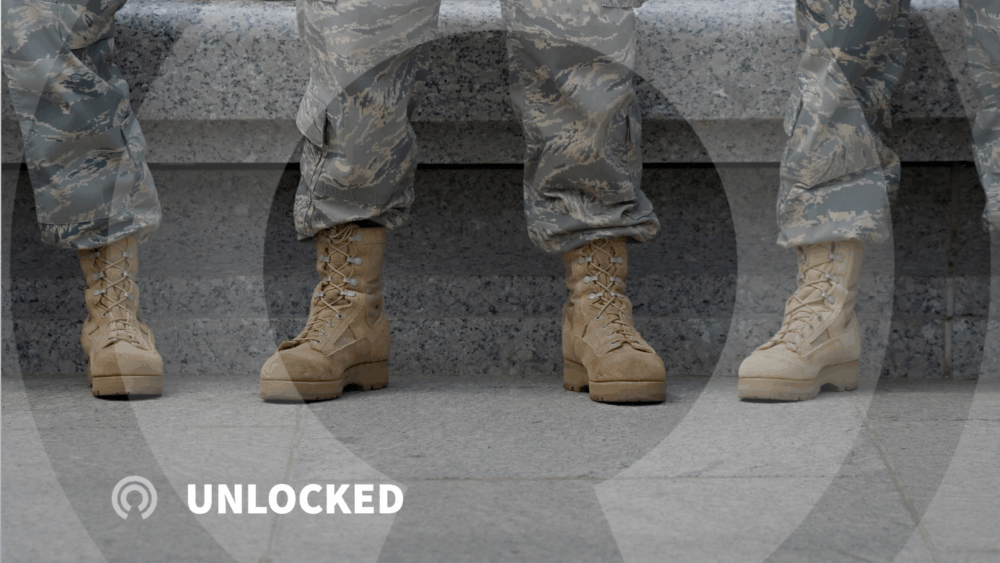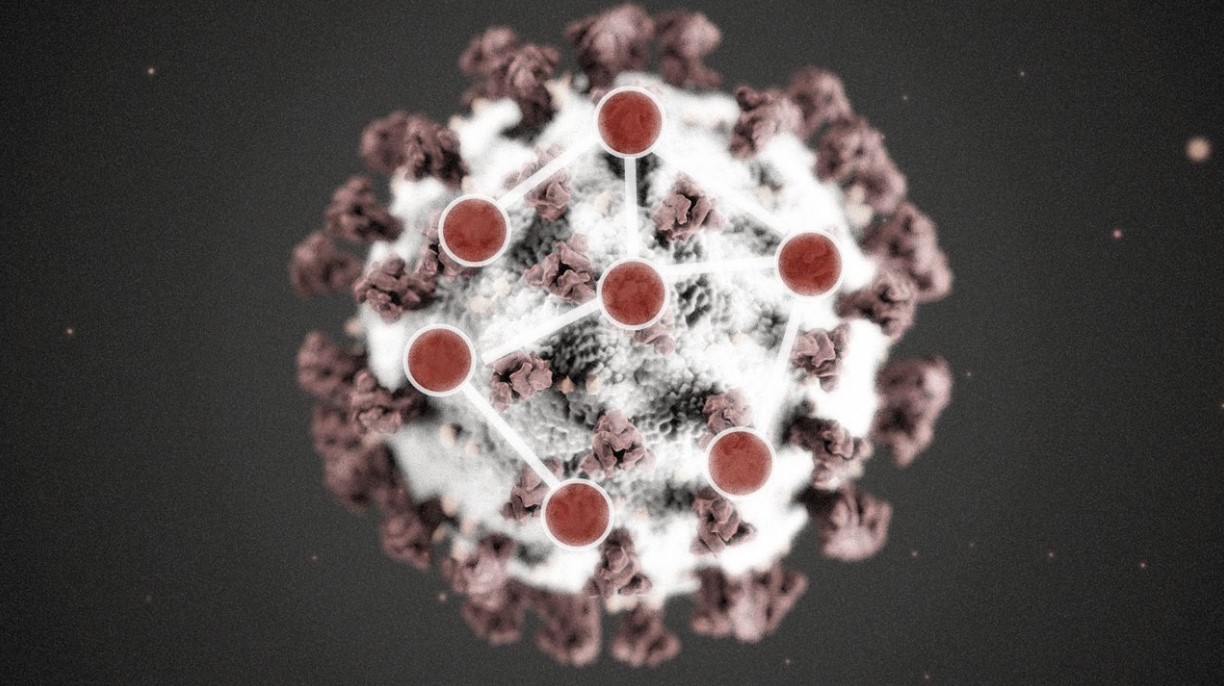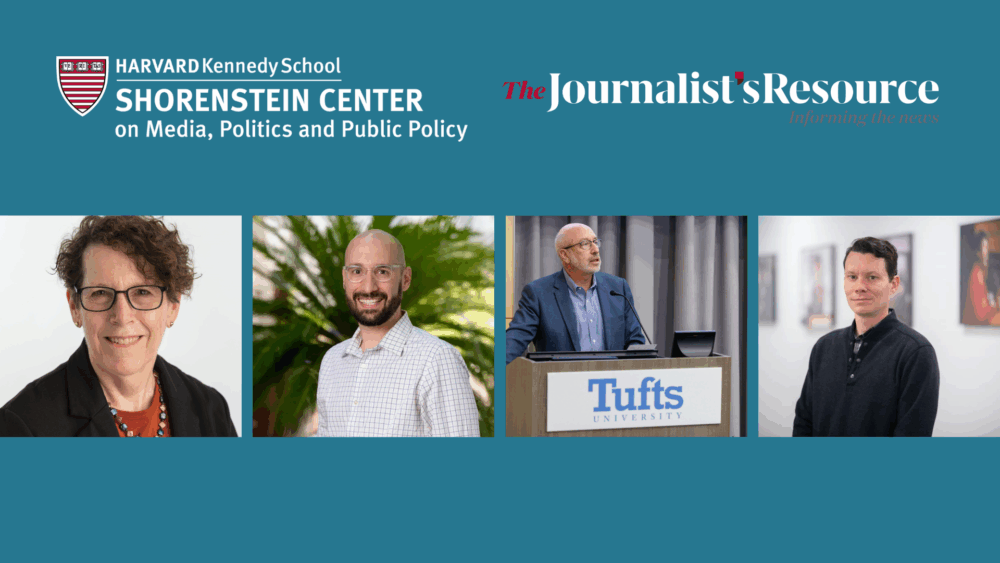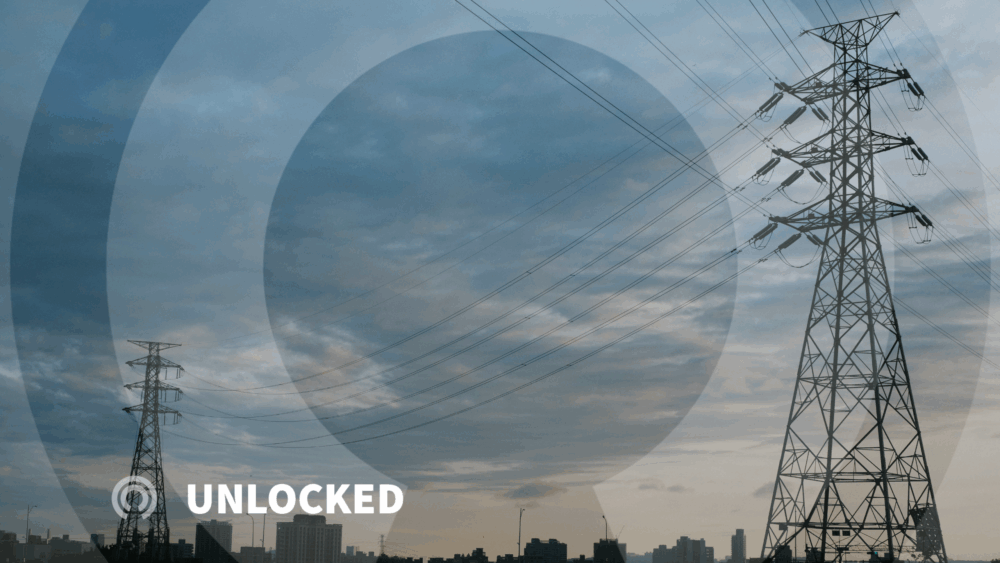
Explainers, Podcasts, Videos
Unlocked: Who controls the National Guard?
Reports & Papers

The latest survey conducted by the multi-university COVID-19 Consortium for Understanding the Public’s Policy Preferences Across States, led in part by Shorenstein Center faculty Matthew Baum and Kennedy School Institute of Politics Polling Director John Della Volpe looked at the many intersections COVID-19 has with growing protests for racial justice.
The survey sought to answer two main questions:
The team of researchers found that the level of disruption and stress caused by the COVID-19 pandemic may have provided a unique combination of emotional impetus and flexibility to participate in the protests. Along with this, they also found that the protests showed a negative correlation between the percentage of a state’s population who reported protesting and the subsequent increase in cases of COVID-19. One possible explanation may lie in the increasing scientific consensus that indoor proximity may be the dominant path in the transmission of the virus.
Researchers acknowledged that a fuller analysis would be required that integrates the varying factors that have resulted in a recent sharp rise in infections, such as compliance with distancing measures and face coverings, and state policies.

Explainers, Podcasts, Videos

Videos

Explainers, Podcasts, Videos